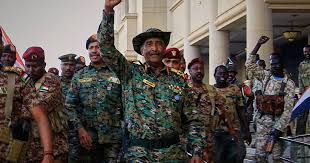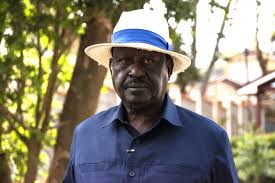A Tanzanian court has prohibited live media coverage of the high-profile treason trial involving opposition leader Tundu Lissu, sparking widespread criticism from political allies and human rights advocates.
On Monday, August 18, 2025, Principal Resident Magistrate Franco Kiswaga ruled that live broadcasts, social media streams, and any real-time sharing of courtroom proceedings are banned. The decision was made during preliminary hearings at the Kisutu Resident Magistrate’s Court in Dar es Salaam.
The court accepted a request from state prosecutors who argued that the identities and safety of civilian witnesses needed protection. However, Lissu—who is representing himself in court—firmly opposed the move, stating it would allow the trial to be held in secrecy.
“Justice must be done and be seen to be done,” Lissu said last week, criticizing the restriction as a way to keep the public in the dark.
Tundu Lissu is the leader of CHADEMA, Tanzania’s main opposition party. He has been in detention since April 2025 after being charged with treason and publishing false information—charges he strongly denies. Lissu is no stranger to political persecution; in 2017, he survived an assassination attempt after being shot 16 times, and in 2020, he was the runner-up in Tanzania’s presidential election.
His party, CHADEMA, has been disqualified from participating in the upcoming October 2025 general elections, both presidential and parliamentary. Lissu’s arrest is part of a broader pattern of increasing political repression in Tanzania. In recent months, multiple government critics have reportedly been abducted under unclear circumstances.
These events have put a spotlight on the leadership of President Samia Suluhu Hassan, who took office after the death of former president John Magufuli in 2021. While she has promised reforms and a commitment to human rights, critics argue that the current crackdown on opposition voices tells a different story.
President Hassan is running for the presidency for the first time in her own right, following her succession of Magufuli.
The ruling has triggered outrage from CHADEMA members and civil society. Many argue that the decision undermines transparency in a case that holds significant national and regional interest.
Despite the ban, Lissu’s trial is expected to draw continued attention from local and international observers concerned about press freedom, political accountability, and judicial transparency in Tanzania.
Let me know if you’d like this story translated into Kiswahili or edited for radio, TV script, or social media post formats.



